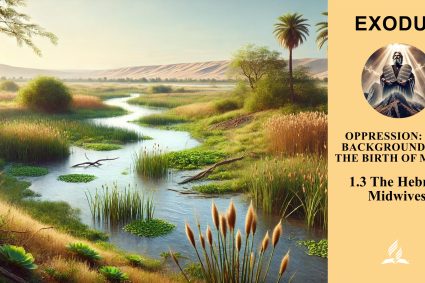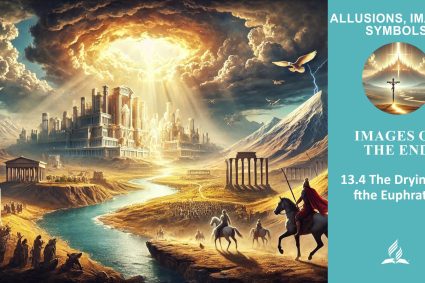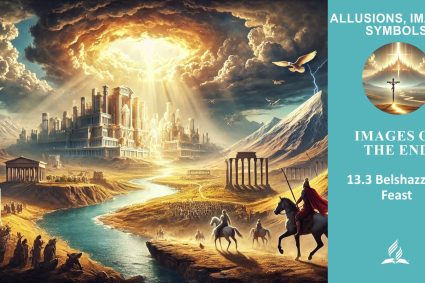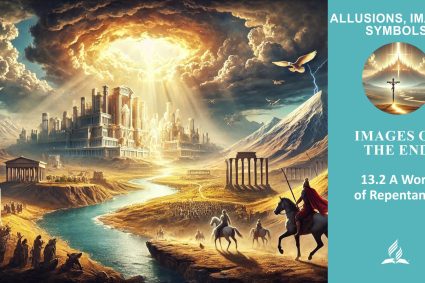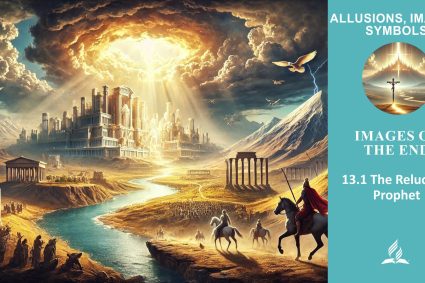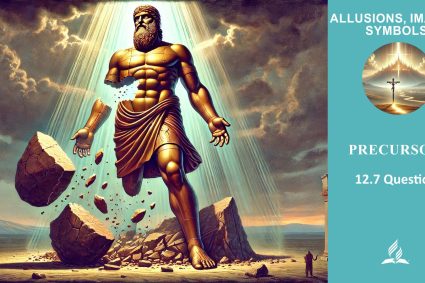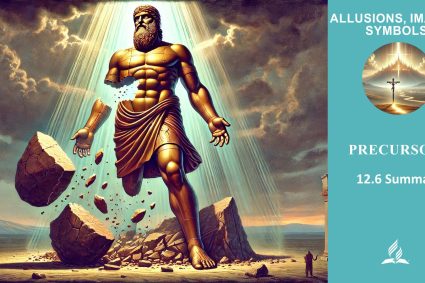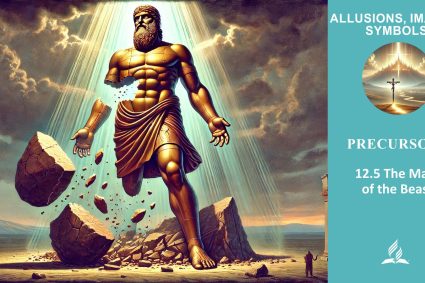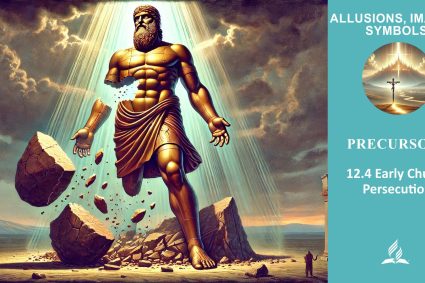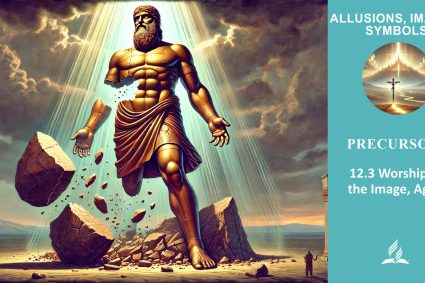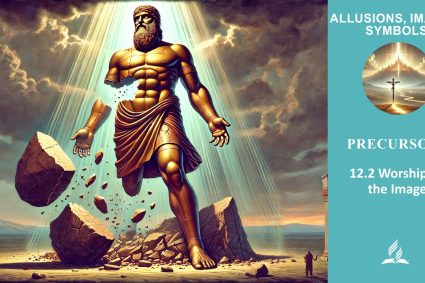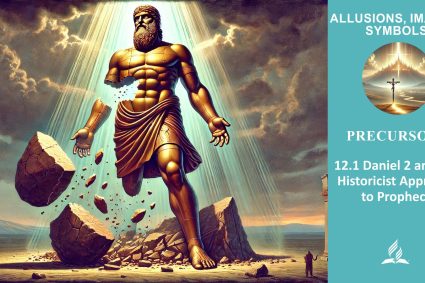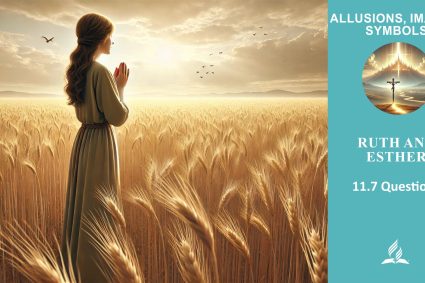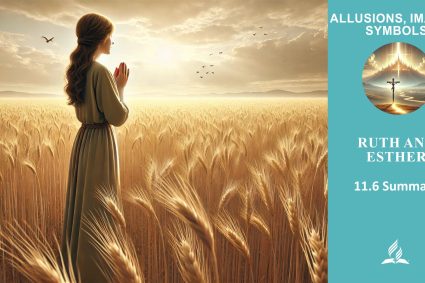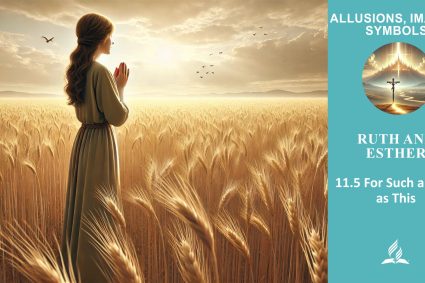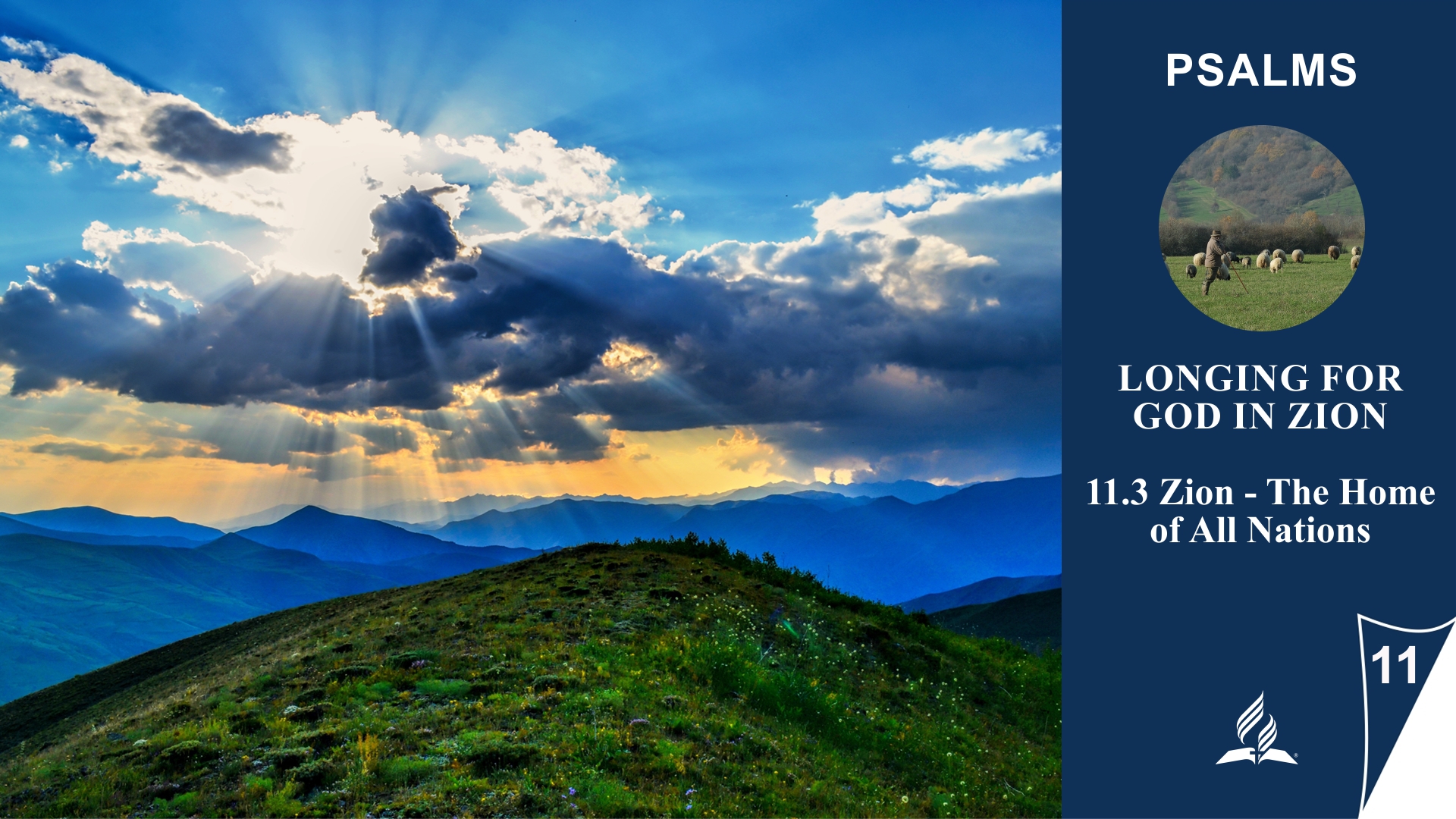


11.3 Zion – the Home of All Nations
Zion: A Place of Unity and Salvation for All Nations
Read Psalm 87:1–2. What makes Zion such a highly esteemed place?
Zion, as the place specially chosen and loved by God, is described in these verses as a place of great significance and dignity. Here are some reasons why Zion is highly esteemed:
-
Presence of God: Zion is considered a place of God’s presence as its foundation lies on holy mountains. This portrayal gives Zion a special sanctity and importance.
-
Sovereign Rule of God: The psalm indicates that Zion will be exalted above all the hills, symbolizing God’s sovereign rule over the whole world. This demonstrates the majestic and sublime nature of Zion.
-
God’s Love for Zion: The psalm emphasizes that the LORD loves the gates of Zion more than all the dwellings of Jacob. This illustrates God’s special affection for this place and His preference for the worship that takes place there.
-
Zion as the Center of True Worship: Zion is regarded as a place of true worship of God, where the prescribed way of worship by God occurs. In contrast to other places in Israel that were also important assembly sites, Zion is highlighted as the preferred place for worshiping God.
Overall, the special presence of God, sovereign rule, God’s love, and the significance as the center of true worship make Zion an extremely esteemed place.
Read Psalm 87:3–7. What glorious things are said about Zion?
These verses mention several glorious things about Zion:
-
Conversations about Zion: Zion, the city of God, is regarded by all nations as a place of glory and honor. It is said that even mighty nations like Rahab, Babylon, Philistia, and Tyre know Zion and speak of its glory.
-
Unity of Nations: Zion is referred to as the birthplace for various nations, indicating that all peoples find a new identity in Zion and are established by the Most High Himself. This points to the unity and universal significance of Zion.
-
Joyful Celebrations in Zion: Zion is described as a place where dancers and singers will be. It is said that all sources of life can be found in Zion, indicating the abundance and prosperity in this city.
-
Zion’s Exclusivity: The leaders of Israel will say that there are no gods outside of Zion and none comparable to it. This emphasizes the unique position of Zion as the city of God and the center of worship and adoration.
Overall, these verses emphasize the glory, unity of nations, joy and prosperity, and the exclusivity of Zion as the city of God.
How does Zion’s willingness to embrace all people find its fulfillment in the Church’s mission command to proclaim the Gospel to all nations (Matthew 28:18–20)? How does this idea align with our calling to proclaim the Three Angels’ Messages?
Zion’s willingness to embrace all people finds its fulfillment in the Church’s mission command to proclaim the Gospel to all nations, as recorded in Matthew 28:18–20. There, Jesus says to His disciples: “And Jesus came and spoke to them, saying, ‘All authority has been given to Me in heaven and on earth. Go therefore and make disciples of all nations, baptizing them in the name of the Father and of the Son and of the Holy Spirit, teaching them to observe all things that I have commanded you; and lo, I am with you always, even to the end of the age.'”
This mission command includes the responsibility and mandate of the Church to proclaim the Gospel to all people, regardless of their origin, language, or culture. Similar to how Zion is ready to embrace all people and lead them to a new life, the Church is called to bring the message of love, redemption, and reconciliation through Jesus Christ to all nations.
This idea also aligns well with our calling to proclaim the Three Angels’ Messages, as found in Revelation 14:6–12. This message calls for proclaiming the Gospel in the end times with a loud voice to call people to repentance and worship of the true God.
The Three Angels’ Messages and Jesus’ mission command complement each other in their call for the worldwide spread of the Gospel and the preparation of people for the return of Jesus Christ. By proclaiming these messages and carrying the Gospel into the world, we contribute to the establishment of Zion, the kingdom of God, in its full glory on earth and call all people to a life in communion with God.

The connection between our everyday lives and faith is evident in these texts through the emphasis on the significance of Zion as a place of unification, salvation, and universal worship for all peoples. Zion represents the presence of God, His sovereign rule, and His boundless love for all people. These concepts have direct implications for our daily lives and our faith:
-
Community and Unity: Zion is described as a place of unification for all peoples, where everyone finds a new identity and is established by the Most High Himself. Similarly, as believers, we are called to advocate for unity and community among all people, regardless of their background or culture. This entails promoting mutual respect, understanding, and cooperation to create a world where everyone can live in peace and harmony.
-
Evangelism and Mission: Zion’s willingness to embrace all people and lead them to a new life finds its fulfillment in the Church’s mission command to proclaim the Gospel to all nations. This reminds us that as believers, our calling is to actively share the message of love and redemption through Jesus Christ and bring hope and comfort to others.
-
Universality of Faith: The description of Zion as a place where all nations come together and experience the glory of God reminds us that faith knows no bounds. Our connection to God and our pursuit of a life in accordance with His will transcend national or cultural boundaries. We are all part of the global community of believers who strive for God’s kingdom and His righteousness.
Overall, these texts demonstrate how our daily lives and our faith are intertwined, encouraging us to actively participate in the realization of God’s kingdom of love, unity, and reconciliation in the world.
(Visited 26 times, 1 visits today)

